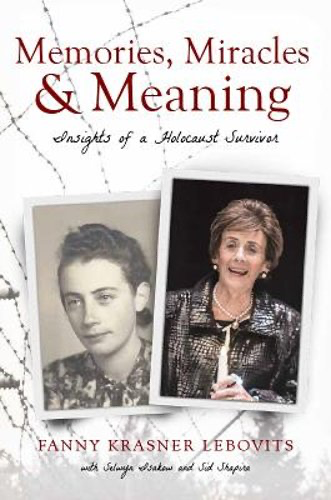The 940s are the h istory of Europe and I decided to pick up something that might be useful for the novel. One of the things that I’ve learned in the course of researching the novel is that women’s accounts of the Holocaust have been largely marginalized. There is an explicitly stated claim that to treat women’s experiences as something special somehow diminishes the male experience during the Holocaust. As a result, not only was there a movement to normalize the male experience, but to diminish if not completely hide the female experience. So many of the books about women’s experiences of the Holocaust have had to battle this.
istory of Europe and I decided to pick up something that might be useful for the novel. One of the things that I’ve learned in the course of researching the novel is that women’s accounts of the Holocaust have been largely marginalized. There is an explicitly stated claim that to treat women’s experiences as something special somehow diminishes the male experience during the Holocaust. As a result, not only was there a movement to normalize the male experience, but to diminish if not completely hide the female experience. So many of the books about women’s experiences of the Holocaust have had to battle this.
One consequence of this is that I’ve made a point of seeking out women’s Holocaust memoirs, looking for the useful or interesting details of life before, during and after the Holocaust. There is a tendency in survivor memoirs (I can’t say whether this is unique to women’s stories or not—it’s been a long time since I’ve read Primo Levi or Eli Wiesel) to make an effort to put some sort of positive spin on their experiences after their liberation, to make certain that the reader knows that they’re grateful to have survived. I kind of wish that some of the writers would exhibit some trace of the bitterness to which they’re entitled. Whether this is, in fact, a consequence of their character or their environment, I cannot say.
Leave a Reply